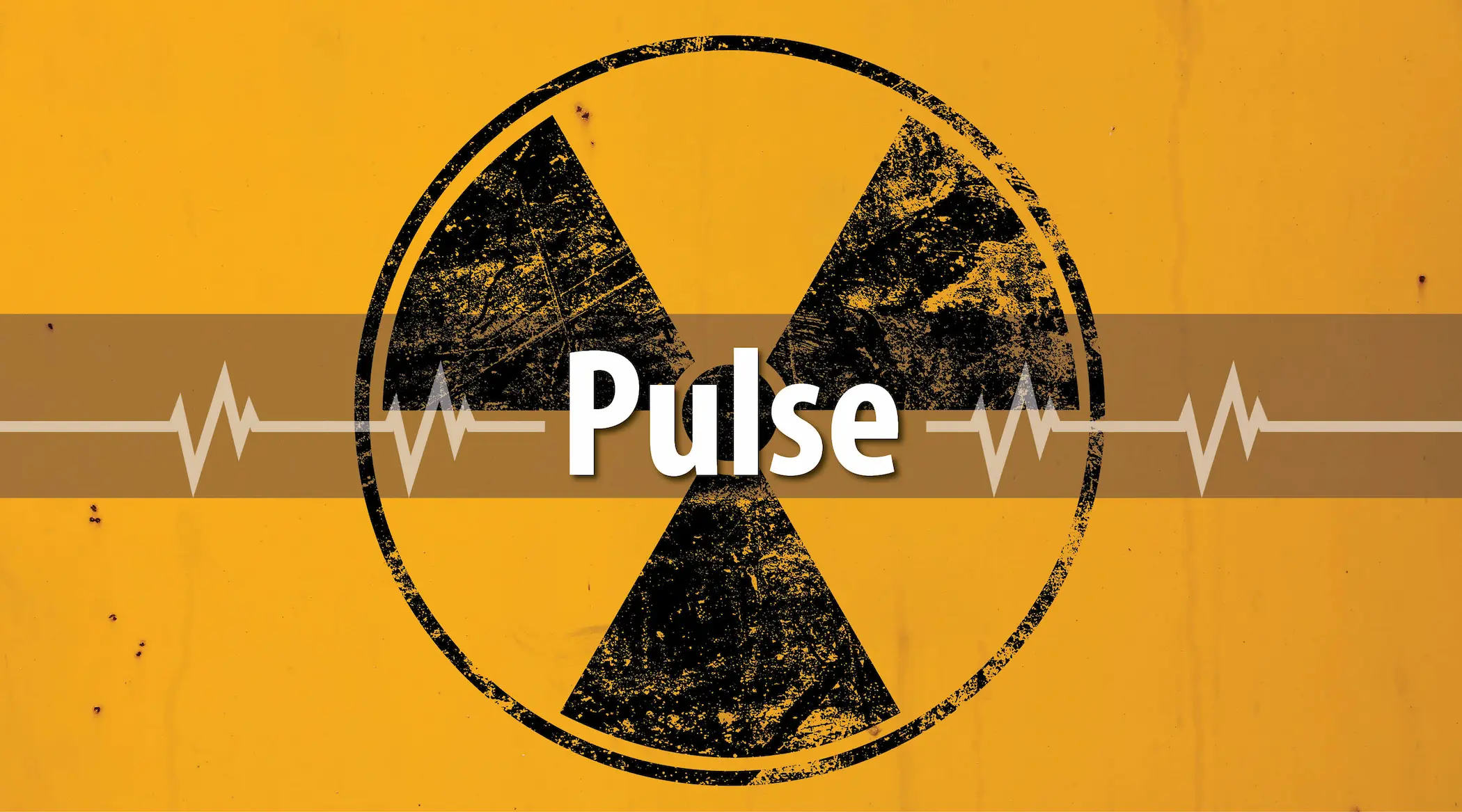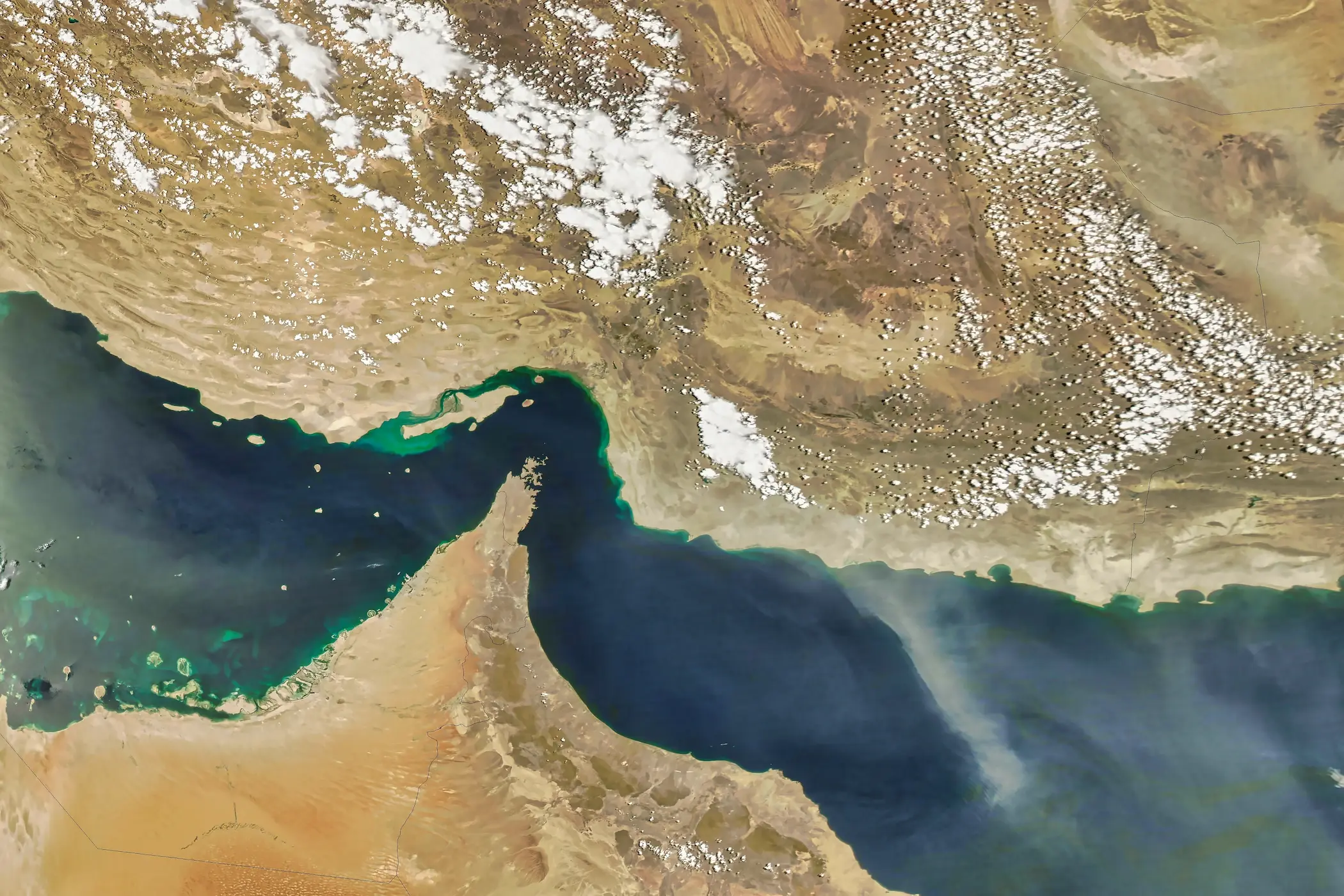This Pulse survey, conducted in August 2025, examines public perceptions of the Arabic language and its role in shaping regional identity, security, and cohesion. The findings shed light on how populations view the weakening of Arabic as a potential threat, not only to cultural and social unity, but also to economic stability and national security. By exploring both immediate and long-term concerns, the survey provides valuable insights into how language is perceived as a pillar of resilience in the Arab world.
To begin, although most respondents agreed that the Arabic language is under threat, they identified different sources of this challenge. The largest share, 45%, attributed the threat to globalization. This was followed by education at 29% and political instability at 18%. The emphasis on globalization highlights a widespread perception of foreign influence as the main factor undermining the Arabic language. Education and globalization can also be viewed as interconnected, since education may weaken Arabic either by prioritizing globalized ideas or by relying on foreign languages as the primary medium of instruction. Political instability, though noted by nearly one-fifth of respondents, received the lowest percentage, perhaps due to its complexity as a concept. Finally, 9% of participants did not perceive any threat, which may suggest that they either identified alternative sources not listed in the survey or did not view the Arabic language as endangered at all.
Respondents were asked whether the weakening of the Arabic language could contribute to fragmentation within the Arab world. The purpose of this question was to assess whether Arabic is perceived as a fundamental pillar of Arab unity. A clear majority, 72%, considered the decline of Arabic a direct threat to the cohesion of Arab states. Meanwhile, 25% regarded it as a potential threat, suggesting that even those who did not see it as an immediate concern acknowledged its possible impact in the future. Only 3.8% of participants dismissed the idea altogether. Taken together, this indicates that roughly 95% of respondents recognize the weakening of Arabic as either a present or possible challenge to Arab integration.
An overwhelming majority of respondents, 91%, believed that the decline of the Arabic language could negatively affect the economy. Of these, 75% saw the impact as immediate, while 16% considered it a possibility or a potential future risk. Only 9% did not perceive any correlation between economic weakness and the decline of Arabic. Given the indirect nature of the relationship between language and economic performance, it is surprising that only a small share of respondents rejected the idea.
A majority of respondents, 62%, viewed the weakening of the Arabic language as a threat to regional security. Although the question did not explicitly refer to “national security,” the responses suggest that ordinary people still associate the decline of Arabic with broader risks to both national and regional stability. In fact, 98% of participants considered it either confirmed or possible. Only a small minority, 2%, did not believe that a weakened language could be exploited by foreign powers. This finding aligns with the earlier result, where the same minority did not view the weakening of Arabic as a factor that could drive regional fragmentation.
When asked directly, 80% of respondents viewed the weakening of the Arabic language as a current threat to national security, a notable increase from the 62% who expressed this concern when the question was posed indirectly. This consistency across both questions highlights that people largely perceive language security as an essential component of national security. An additional 14% considered it a potential future threat, while only 6% did not see any connection between language, national security, or social cohesion, even when asked explicitly.
A large majority of respondents, 81%, believed that regional unity is linked to the strength of the Arabic language. However, 19% did not share this view. This group may either see no correlation at all, or consider language alone insufficient to drive disunity, pointing instead to the role of other, more influential variables.
A majority of respondents, 67%, believed that Arab governments are not doing enough to protect the Arabic language, while 22% were uncertain. Only 12% felt that governments were taking sufficient action. Providing examples of specific measures adopted by Arab states might have led to more precise responses. Nonetheless, the overall perception remains that current governmental efforts are inadequate.
As a concluding point, respondents were asked about the future of the Arabic language in light of existing threats and current government measures. Nearly half, 45%, believed that the language will survive, acknowledging the challenges but expressing hope that either state initiatives or broader developments could help preserve it. Another 36% were more pessimistic, viewing Arabic as gradually losing ground. The remaining 19% were optimistic, foreseeing a stronger future for the language despite present difficulties.
PULSE is a data-driven series that visualizes public sentiment on trending regional and global issues, curated and edited by the Al Habtoor Research Centre Early Warning Programme’s Senior Researchers Habiba Diaaeldin and Ahmed El Saeid.
The findings presented are based on data collected through social media polls and online forms distributed via email. While efforts are made to ensure a broad and diverse sample, the results reflect the views and opinions of respondents and should not be interpreted as representative of the entire population or Al Habtoor Research Centre.













Comments